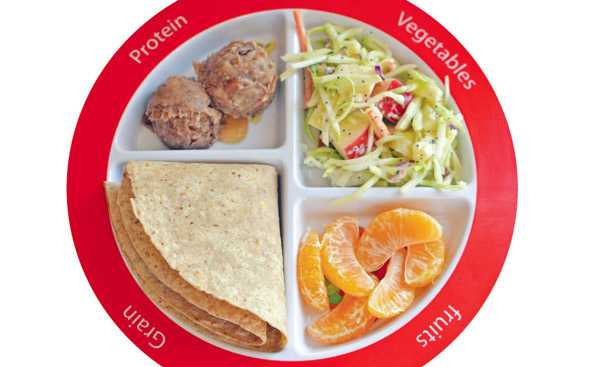Eat right to beat energy slumps

You are toiling away in the office or farm, or jogging or running on the treadmill when you suddenly feel weak, tired and completely drained of energy. The culprit could well be your diet. You may be consuming fewer calories than your body requires to function properly, but eating too much can also leave you feeling sluggish. You need to eat the right amount of calories, from the right kinds of food and at the right times to keep your energy levels in balance. Here is how to fuel yourself most effectively for optimum energy levels, good nutrition and health.
1. Get the balance right
When it comes to optimising your energy levels, not all calories are equal. The source of the calories makes a difference. Of the three macronutrients, carbohydrates are digested faster than protein or fat, so they provide quick energy. However, if you have a carbohydrate-only breakfast, you may crash before lunch because you did not get any protein or fat, which yield longer-term energy to sustain you between meals.
Fat goes a long way in providing sustainable energy and the best sources are nuts, avocadoes and olive oil. Avoid using saturated fats, which can raise your cholesterol levels, and also remember fat is fattening so if you are trying to lose weight, you will need to use very little or cut it out altogether.
You should consume at least half of each day’s calories from carbohydrates, especially high fibre sources like fruits, vegetables and wholegrain; up to 30 per cent from protein such as lean meat, chicken, fish and beans; and around 20 per cent from unsaturated fat. You need to get a good balance of nutrients to sustain your energy levels and also for good health. Carbohydrates are the primary fuel for the body, and protein, which often has fat in it, naturally keeps you feeling full and satisfied longer.
2. Eat often enough
Aim for three similar sized meals and two small snacks a day spaced three or four hours apart, and try to incorporate some of each macronutrient at every meal. This will provide you with a steady supply of energy to keep you going strong all day and will prevent you from getting so hungry that you overeat at your next meal. Avoid binge-eating, especially the type induced by emotions and boredom.
3. Know your calorific needs
If you are not sure whether you are eating too few or too many calories, you can roughly calculate your needs using this simple formula. If you are sedentary, multiply your weight in pounds by 13. If you exercise moderately (about three or four times a week), multiply your weight by 15. And if you are very active (exercising an hour nearly every day) multiply your weight by 20. The numbers you get are roughly your calorie needs per day and you should not exceed them if you want to maintain a good weight.
4. Drink lots of water
It is important to stay well-hydrated, so be sure to drink at least eight glasses of water daily. Tea, coffee, fresh juices, soup and other healthy drinks also count toward meeting your fluid needs, but avoid taking a lot of caffeine or juice with added sugar or other additives, or highly-salted soups loaded with fat. For good nutrition and health, keep to plain filtered water.
5. Take vitamin-rich foods
Specific vitamins and minerals help keep you energised. Iron deficiency, which leads to anaemia, for instance, can be a cause of fatigue in women. Good dietary sources of iron include dark green leafy vegetables, fortified cereals and red meat. Other causes of anaemia include a lack of folic acid (found in leafy green vegetables, citrus fruits and juices, legumes, nuts and fortified foods, including cereals, breads and pastas) or not enough vitamin B12, abundant in eggs, red meat, fish and milk. Another mineral helpful for fighting fatigue is magnesium (found in nuts, spinach and legumes) as it helps the body use energy from food. If you think your diet does not give you enough of all the minerals and vitamins, consider supplementing with a multivitamin from reputable multivitamin companies. Ensure to only take the recommended dose as too much of multivitamins may not be good for your health.
Published in January 2015




